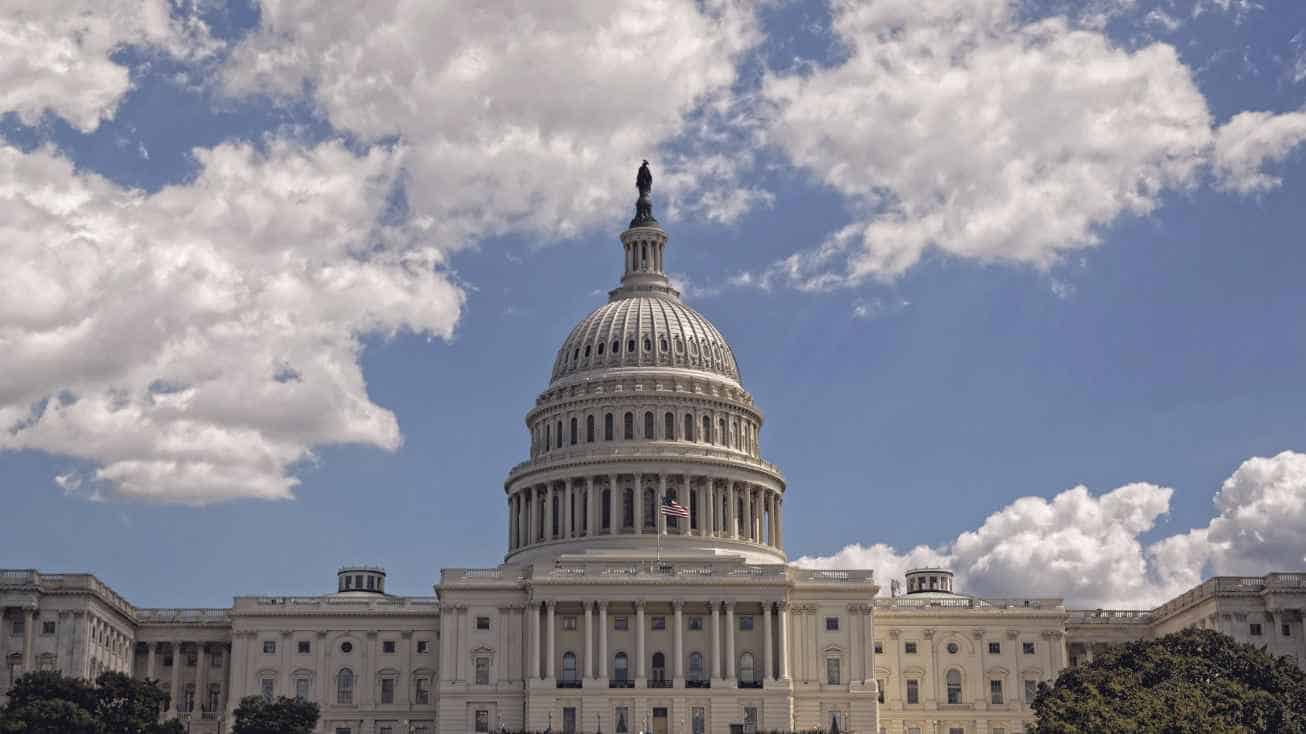Join Our Telegram channel to stay up to date on breaking news coverage
The Federal Reserve and Financial Crimes Enforcement Network (FinCEN) wants to increase their scrutiny of smaller crypto transactions. In the past, businesses were obliged to provide information about transactions less than $3,000. But it seems that the threshold is about to be changed. This time, firms will be compelled to provide details of crypto transactions of more than $250.
The agencies proposed a new rule yesterday that will be passed it into law, lowering the long-standing threshold set since 1995, to $250 for all international transactions.
The implication of this is that all financial institutions will provide client information for all transactions above $250 coming in or going out from the United States.
That means even small traders and retailers will be affected by this new rule, as long as their dealings are not less than $250. It is in a bid to checkmate money laundering and financial crimes across all levels.
Digital assets also affected
This proposed rule also affects holders of digital assets as it specifically mentioned “convertible virtual assets” included in the new rule for all transactions falling within the threshold.
The notice also provided the guideline of information the institutions will be submitting to the authorities. It will include the name and address of the transmittor or originator, the identity of the recipient’s financial institution or beneficiary’s bank, and the transmittal order or the amount of payment.
The information will also include the date of execution for the transmittal order as well as any payment instructions given by the transmittor with transmittal or payment order.
In other words, the information required is majorly those the crypto exchange may store with the user’s account, which may lead to a lot of data security threats.
Also, the new rule mandates the receiving institution to know the location of every transmittor with transactions above the $250 threshold.
New rule stifles the benefits of crypto trading
A similar rule is being planned for transactions around the world by the Financial Action Task Force. However, the crypto world has faulted this arrangement because it defeats the decentralized nature of cryptocurrency trading. According to those against the new rule, collecting and exchanging personal information of clients opposes the “peer-to-peer electronic cash system” the Bitcoin whitepaper promised during its inception.
But the rule is still being considered, and both the Fed and FinCEN have invited stakeholders to voice their opinions about the rule within the next 30 days.
Join Our Telegram channel to stay up to date on breaking news coverage



